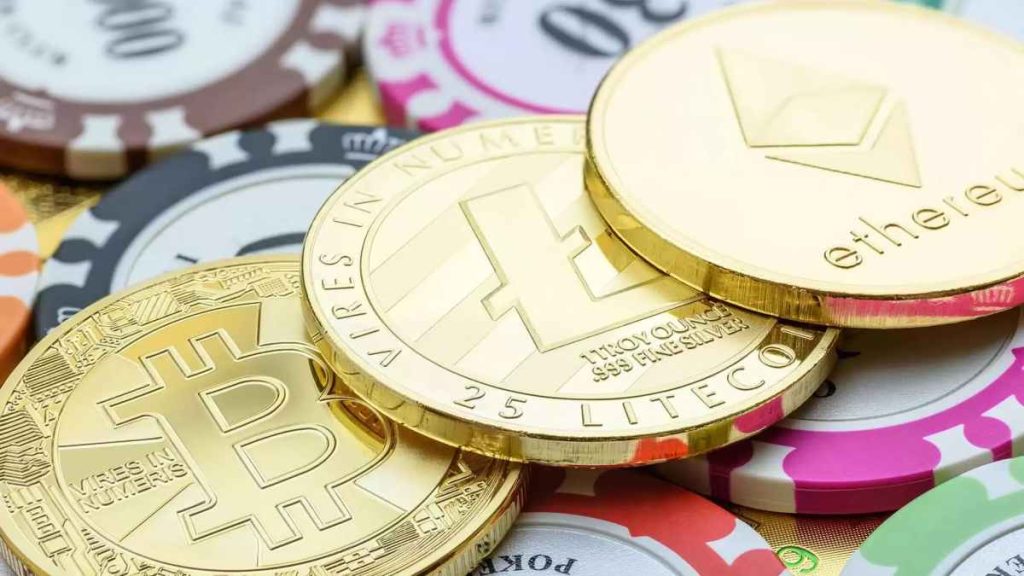Lithuania is an increasingly popular place for businesses in the blockcha space. Many companies are drawn to Lithuania’s favorable tax laws, which are some of the most lenient in Europe. In addition, the country has low operating costs and a well-established tech sector with many experienced professionals. Lithuania has become particularly well known as a home for crypto exchanges because of its favorable regulations that may lead to
licensing requirements for certain businesses. Here’s what you need to know about getting a Lithuania crypto exchange license.
What is a Crypto Exchange License?
The main business of an exchange is to allow customers to buy and sell cryptocurrencies. Most exchanges also function as a wallet, storing the cryptocurrencies and providing a way to transfer them to other people. If a
business operates as an exchange, it needs to be licensed. Licensing ensures that the business is complying with regulations and is able to offer a safe and secure service to customers. There are two main types of crypto exchange license: A money service business (MSB) license, and a virtual currency license.
How to Apply for a Crypto Exchange License in Lithuania
If you want to apply for a crypto exchange license in Lithuania, you need to know that these types of businesses are regulated by the country’s Financial Crimes Investigation Service (FNTT). The FNTT is in charge of regulating the
crypto and financial services industries. The best way to apply for a crypto exchange license in Lithuania is to hire a local blockchain lawyer who can speak your language and understand the intricacies of Lithuanian FinTech law. The lawyer can ensure that your application doesn’t miss anything important and can guide you through the process.
Licensing Requirements for Exchanges in Lithuania
In Lithuania, exchanges that deal with fiat currencies (normal currencies like the US dollar) must obtain a license from the Bank of Lithuania. Exchanges dealing only with cryptocurrencies do not need to obtain a fiat exchange
license. In order to obtain a virtual currency license, an exchange must meet the following requirements:
- The platform must be able to store and protect user funds.
- The exchange must implement strong Know Your Customer (KYC) and
Anti-Money Laundering (AML) policies. - The exchange must have a robust cybersecurity program and employ robust
data protection practices. - The exchange must have a certain amount of capital to operate. The amount
varies by the type of virtual currency being exchanged.
Why Get a Crypto Exchange License in Lithuania?
Most cryptocurrencies don’t require a licensing scheme, so it’s important to understand why exchanges are the only industry that requires licensing in Lithuania. The reason is to protect investors. If you want to operate as a fiat exchange, you must obtain a license from the Bank of Lithuania. The license ensures that the exchange is compliant with all necessary laws and is able to protect investors. If you operate as a fiat exchange without a license, you are breaking the law and are likely to be shut down. In addition, you may be fined and could even face criminal charges. If you operate as a cryptocurrency exchange without a license, you will be banned from the Lithuanian market. This means that you cannot allow Lithuanian residents to use your exchange. It’s important to note that the license doesn’t have to be from Lithuania. It can be from any other country.
Bottom line
Crypto exchanges are lucrative businesses, but they must be licensed to operate legally in Lithuania. If you want to operate a fiat exchange, you must obtain a license from the Bank of Lithuania. If you want to operate a cryptocurrency exchange, you must obtain a virtual currency license from the Financial Crimes Investigation Service.

